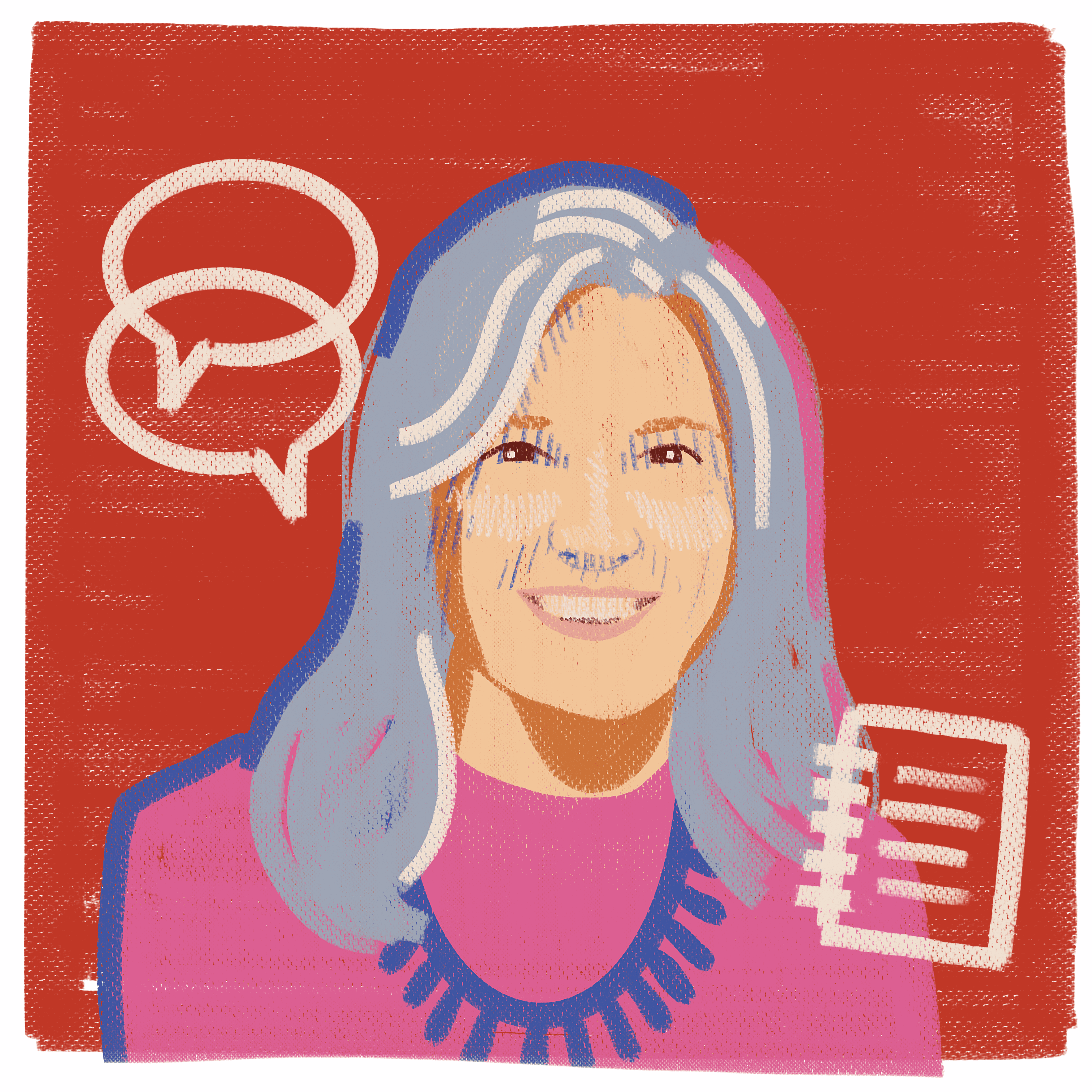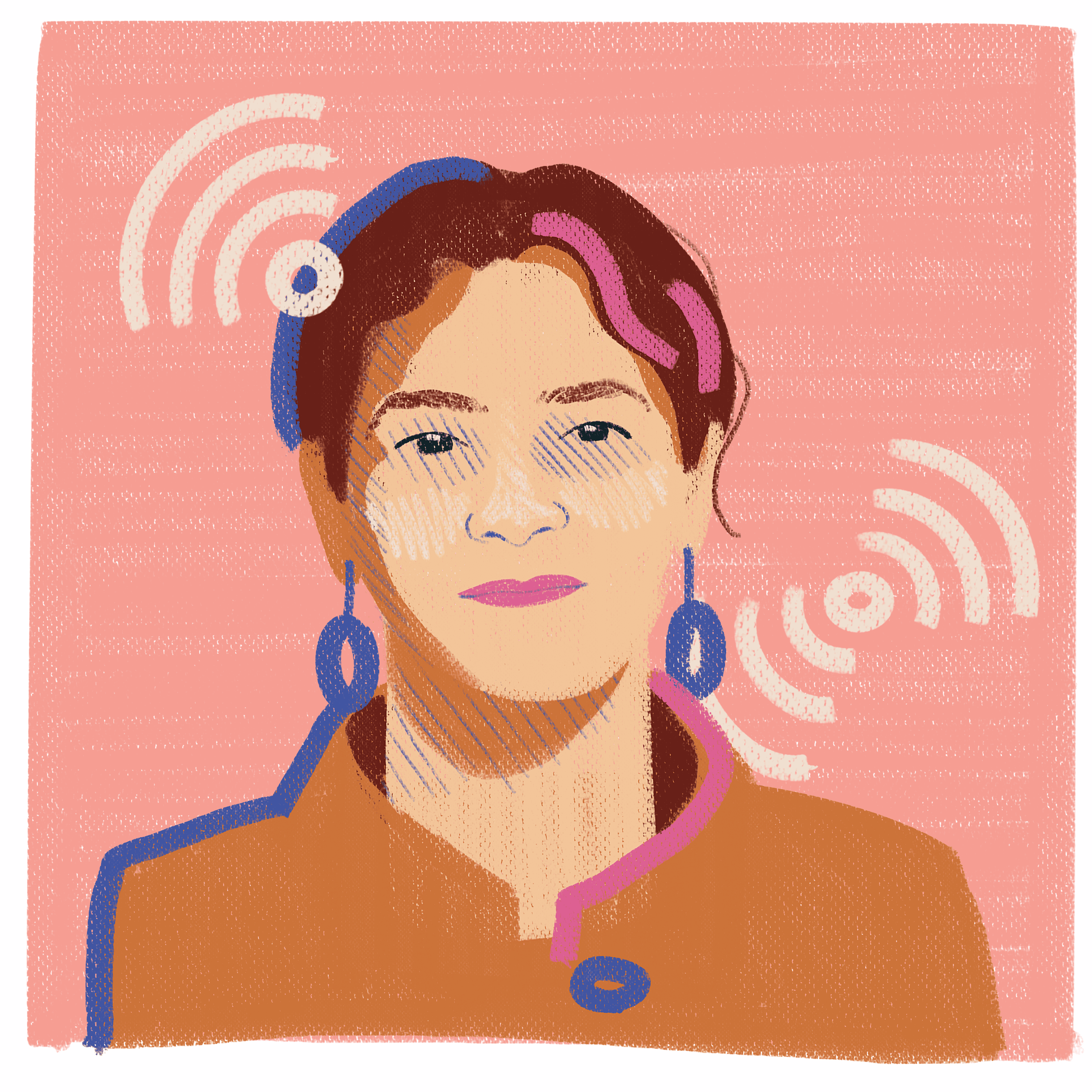Professor Sarai Schmidt

Sarai Schmidt is a researcher and Journalist with a PhD and a Masters in Education in the Cultural Studies line of research from UFRGS. She is a full professor at Feevale University, where she teaches the Graduate Programs in Cultural Manifestations and Processes and in Cultural Diversity and Social Inclusion. She is currently a CNPq and Fapergs researcher, developing projects on communication, education, and human rights, whose purpose is to explore the relationship between media, children, and discrimination, focusing on social identity markers (gender, race, social class, sexualities, generation, disability).
She coordinates the research group Criança na Mídia: Núcleo de Estudos em Comunicação, Educação e Cultura (Children in the Media: Study Group for Communication, Education and Culture), and is a co-founder of the Rede de Pesquisa em Comunicação, Infâncias e Adolescências (Research Network in Communication, Childhood and Adolescence). Coordinator of the Convênio Educação Antidiscriminatória (Anti-discriminatory Education Agreement), through the partnership with Feevale University and public schools. She idealized and coordinated the university extension project Nosso Bairro em Pauta (Discussing our Neighborhood), mobilizing professors and students from public schools to the critical discussion of the media, and she is currently a part of the university extension project Cidade Vida: Comunicação Antidiscriminatória (Anti-discriminatory Communication).
From the start of her career as a researcher, Sarai has created strategies to listen to women’s and children’s voices, beyond the school and academic environments, to develop studies and public policies regarding childhood and youth and their confluences with mediatic and cultural discriminatory processes.
In her words, “women’s perspective in different areas is fundamental for an effective interchange between professionals in order to discuss studies on childhood, media and culture that contribute to guaranteeing the rights of the population of children and young people, as well as to disseminate democratic and plural discourses that fight colonialism of gender, race, social class, among so many other forms of violence and attempts at silencing and not recognizing human rights.”


